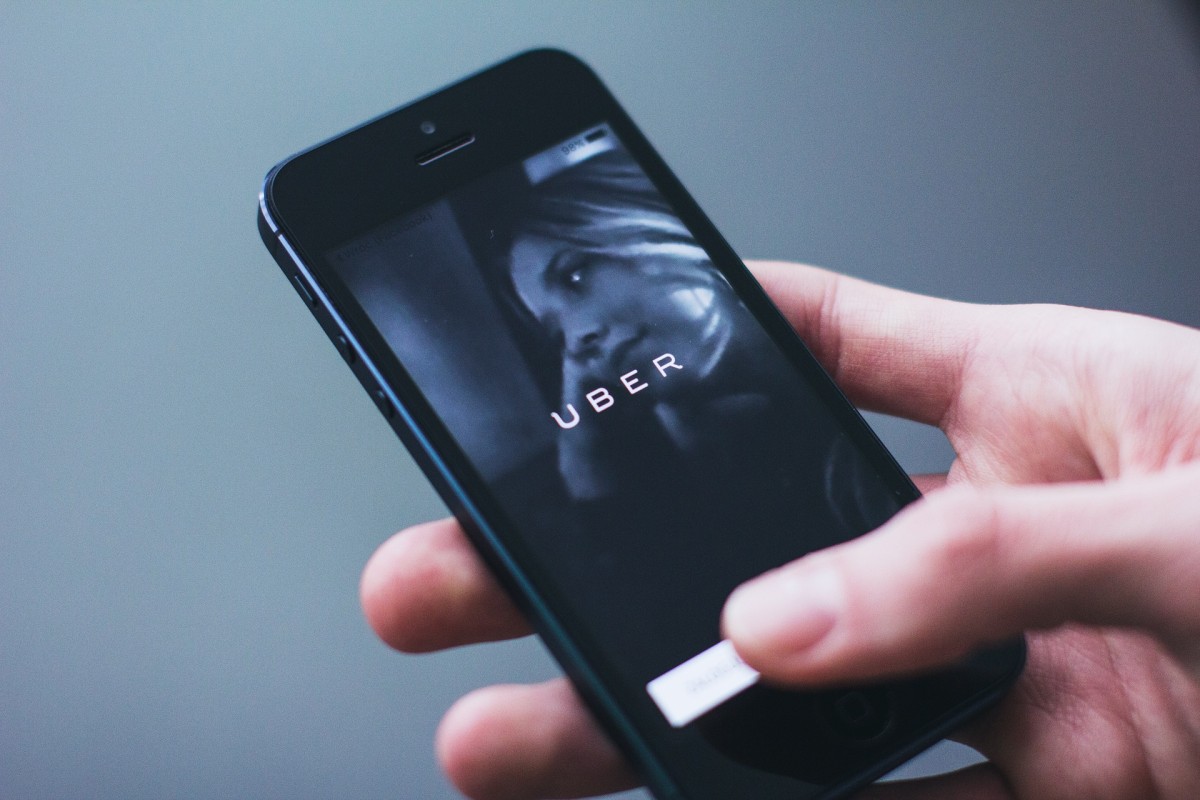Uber drivers are workers
The eagerly anticipated judgment on the employment status of Uber drivers has finally arrived. Following a preliminary hearing held in July this year, the Tribunal has decided that Uber drivers are workers. Drivers are now entitled to a number of rights, including payment of the National Minimum Wage (NMW) and holiday pay.
Employment status
The Tribunal found that Uber drivers were workers whenever three elements of their working arrangement were satisfied:
- the Uber app was switched on;
- the driver was within the territory in which they were authorised to work; and
- the driver was willing and able to accept assignments.
The Tribunal was critical of the lengths it felt Uber had gone to in order to disguise the true nature of its working arrangements with drivers, “resorting in its documentation to fictions, twisted language and even brand new terminology”. The Tribunal saw through this smokescreen to find the true relationship between Uber and its drivers was that of worker and employer.
Uber imposes numerous conditions on drivers…instructs drivers as to how to do their work and, in numerous ways, controls them in the performance of their duties. Employment Tribunal
The Tribunal provided several examples that ran counter to Uber’s view that the drivers acted as self-employed businessmen and which supported the drivers’ claims that they were workers operating under its control. These included:
- interviewing and recruiting drivers;
- setting the default route;
- fixing the fare;
- subjecting drivers to a rating system that effectively amounts to performance management/disciplinary procedure;
- accepting the risk of loss;
- handling passenger complaints; and
- reserving the power to amend the driver’s terms unilaterally.
Working time
Once the Tribunal had decided that the drivers were workers, there was the second question of when drivers could be considered to be at work. This was relevant to the questions of whether drivers were being paid according to NMW legislation and for calculating the holiday pay drivers would be due.
The Tribunal found that whenever the three employment status conditions were satisfied, the Uber driver could be considered to be at work for holiday pay purposes. In considering the NMW, the Tribunal decided that Uber drivers did not carry out “time work”, but instead carried out “unmeasured work” so that the “relevant hours” when calculating the NMW would be any hours worked by the driver.
Who is the employer?
The drivers’ claims were brought against Uber B.V., whose headquarters are in Amsterdam, and its local subsidiaries Uber London Ltd and Uber Britannia. Despite Uber B.V. purporting to be the entity that had entered into contracts with the drivers, the Tribunal found that in reality the drivers were employed by Uber London as it was the main point of contact between Uber and its drivers.
What next for Uber?
This preliminary ruling is likely to be the first stage in what will inevitably turn into a long-running saga. The Tribunal’s judgment carries onerous financial implications that spell disaster for Uber’s business model and the wider gig economy. It is therefore expected that Uber will appeal the Tribunal’s judgment to a higher court.
CASE Aslam and ors v Uber B.V. and ors, 28 October 2016
On 10 November 2017, the Employment Appeal Tribunal dismissed Uber’s appeal against the judgment of the Employment Tribunal. For details of the appeal, read our report here.
